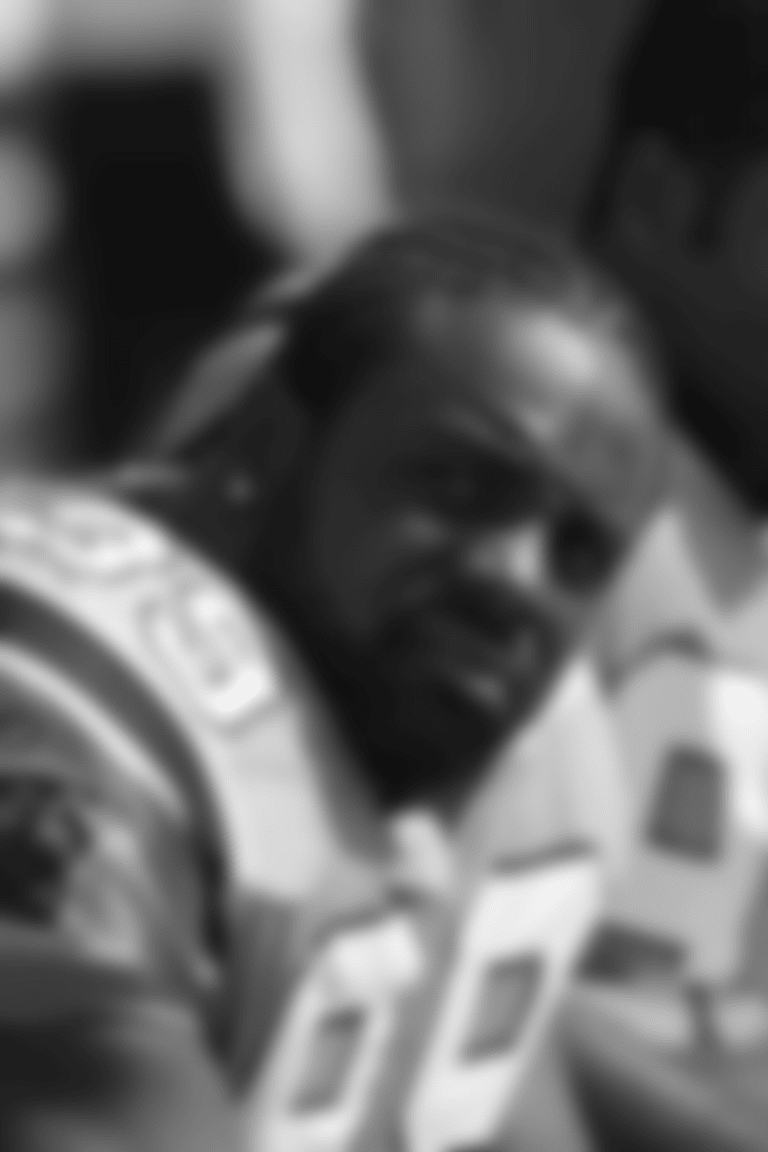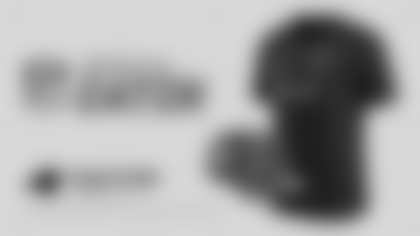And with the example of Mills in his mind, Buckner has chosen to tell his own story now.
He'll talk about how fortunate he is. He'll talk about the blessings of seeing his children grow, of living the good life alongside his wife Denise.
But mostly, he wants people to know that hearing the word cancer from their doctor doesn't mean the end of anything.
"That's why I'm a firm believer of early detection," Buckner said. "You get early detected before it gets too bad so that you can cut it off. That was a blessing for me, that it hadn't spread, and when they took the prostate out they were able to get everything out.
"That's the beauty of that early test."
So now, he wants everyone to know. Test early. Treat as soon as you can, and then follow up routinely (Ultra-sensitive prostate-specific antigen tests, a simple blood test he gets every year with his annual physicals, are an easy way to keep tabs on his condition.)
And making it normal is part of his message now.
Buckner has talked to friends his age, former teammates, whenever the opportunity arises. Any medical diagnosis is a sensitive topic to discuss, but this particular one has been difficult for some to talk about because it's in a sensitive area. What he wants to do is take away the stigma and show them what's possible with early detection and treatment.
"I've talked to guys, and it's like, no, you've got to get tested," he said. "Maybe my experience makes it easier for them. Some of the guys I've talked to, I think I eased some minds about getting tested and the success they've had with surgery. They took care of me, and now everything's in order."
Things are good now. He wants everyone to know that.
And as he reflects on his own good health, and his own good fortune, he can't help but think about his father, and whether he might have had more years, time to create more memories.
And he thinks about his son Brandon, and why he wants him to see a new family tradition being born.
"I always sit back and think because at first you always want to be 'why me, why me?'" Buckner said. "But no, man. It's just a hill; it's part of life. We always run into these hurdles; we have to climb over, go under, or run through them. There's too much to life, and I know my dad lived a full life but it could have been even longer had he just talked and listened to the doctors and went through the treatment.
"So I was just like, I don't want that to be a family curse. I want to be an example of how early detection works and getting the treatments work. Going through it might seem like a rough patch at the time, but it means everything for you and the people around you."








![240929 Gameday vs. Bengals (Legends Weekend) 429[39]](https://static.clubs.nfl.com/image/upload/t_portrait_mobile/t_lazy/f_auto/panthers/uibjrer9al8jaalrukrp.jpg)
![240929 Gameday vs. Bengals (Legends Weekend) 046[41]](https://static.clubs.nfl.com/image/upload/t_portrait_mobile/t_lazy/f_auto/panthers/pxrrjomkihvrbqdmw0gi.jpg)












